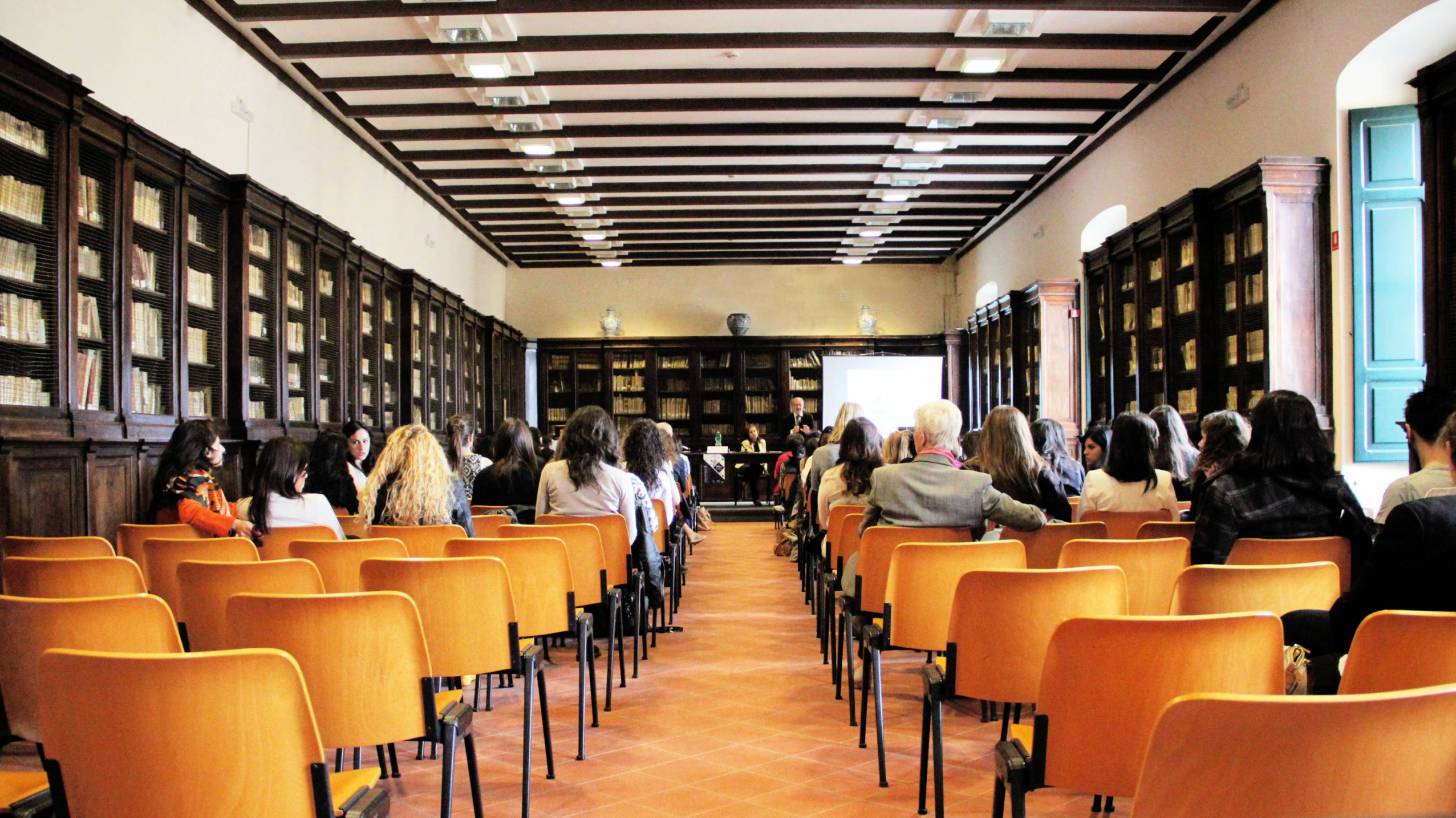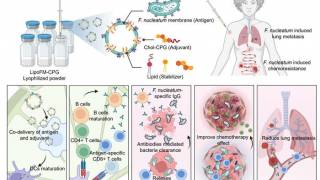‘Cancer Prevention’ is the Best HPV Vaccine Message

Parents of adolescents believe that preventing certain types of cancer is the best reason for their children to receive the human papillomavirus (HPV) vaccine.
These parents also said the worst reasons providers could give included "it is a scientific breakthrough;" "I got it for my own child;" and "your child is due for it."
This is the conclusion of a recent study published in Cancer Epidemiology, Biomarkers & Prevention, a journal of the American Association for Cancer Research.
These researchers developed a best-worst scaling experiment to evaluate 11 reasons healthcare providers commonly give for the HPV vaccination.
"We still have work to do on improving the timeliness of those doses and on reaching the remaining 40 percent of young people who have not started HPV vaccination," said Melissa B. Gilkey, PhD, assistant professor of Health Behavior at the University of North Carolina Gillings School of Global Public Health in Chapel Hill, in a press release.
"To increase uptake, we need to more effectively communicate the value of HPV vaccination to parents."
“High-quality communication is essential to positively impact our patients. Communicating the message clearly and confidently is essential. Listen to and answer any concerns of the parents of your patients, but stand on the science and research behind the vaccine,” shared Chris Felton, PharmD, Clinical Pharmacist MTM and Immunization Specialist for Brookshire Grocery Company.
“The HPV vaccines reduce the risk of cancer in these patients. As healthcare professionals, the benefit is obvious to us, but we need to make it obvious to our patients as well. Empower them to make informed decisions based on the facts,” Felton continued.
Dr. Gilkey said she was surprised to discover that vaccine confidence did not appear to significantly affect parents' perceptions of physicians' messages, and cancer prevention was the most effective message for both groups.
The Centers for Disease Control and Prevention (CDC) currently recommends that boys and girls receive two doses of the HPV vaccine, beginning at age 11 or 12. As of 2016, about 60 percent of teenagers had received the first dose.
But, only about 43 percent were up to date on all recommended doses, according to the CDC.
These researchers used stratified analyses to evaluate whether the parents' opinions would vary depending on their overall confidence in vaccines. The authors declare no conflicts of interest. This study was supported by a grant from the National Cancer Institute.
Separately, a study published during May 2018 reveals that when healthcare providers engage hesitant parents and immediately address their vaccine concern, same-day HPV vaccination often takes place.
Based on the providers' communications, the vaccine acceptance varied:
- When the doctor did not challenge the parents, and acquiesced, the child was not immunized.
- But, when the doctor relied on both persistence and acquiescence 15 percent of the patients received the HPV vaccination.
- And when a doctor relied on persistence, 94 percent of the children received the HPV vaccinations.
These researchers wrote, "Our findings reveal an important missed opportunity when providers simply acquiesce to parental vaccine hesitation."
HPV vaccines can be found in most pharmacies and physician offices in the USA. To easily schedule an HPV vaccination appointment, please visit this page.
The CDC Vaccine Price List provides HPV vaccine prices for general information.
And vaccine discounts can be found here.
Vaccines, like any medicine, can have side effects, says the CDC. You are encouraged to report negative side effects of vaccines to the FDA or CDC.
Our Trust Standards: Medical Advisory Committee


























